Subscribe
"Unlock exclusive insights and elevate your financial wisdom with NetWorth.com — subscribe now to stay ahead in the wealth game!"
When finding the best banks for businesses in New York, it's crucial to consider various factors such as banking support, account options, merchant services, and software integrations. To help you make an informed decision, we...
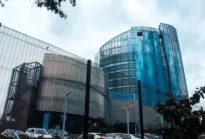
Pennsylvania, rich in history and economic diversity, provides a fertile ground for businesses to thrive. However, effectively managing your business's finances is a key element...
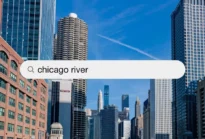
When it comes to finding the best bank for your small business in Illinois, it can be overwhelming with so many options available. However, by...
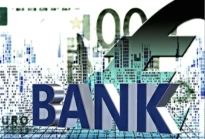
Managing finances is a crucial aspect of running a business. Choosing the right bank can simplify fund management and contribute to the overall success of...
Empower your financial journey with exclusive insights and strategies from the world of stocks, finance, and business. Stay ahead with NetWorth
When it comes to choosing the right bank for your business in Florida, there are numerous options to consider From national banks to regional institutions, each offers its own set...
As a beginner in the crypto world, acquiring essential information before you start buying cryptocurrencies is essential. Digital currencies are complex investments and are characterized by extremely high risks. So,...
In the intersection of financial markets and the ever-expanding Metaverse, a promising yet complex synergy is emerging - AI-powered trading. This fusion has the potential for unprecedented opportunities, but intricate...
The combination of AI and trading has given rise to a transformative phenomenon: AI-enhanced trading in virtual assets. The convergence of these two powerful forces is reshaping how we perceive...
The metaverse rapidly becomes tangible once a concept is confined to science fiction. This virtual universe, where people can interact, work, and play in a digital space, has captured the...
Imagine a world where robots and computers work together to make money – not by doing jobs like humans, but by trading in a place called the metaverse. It's natural...

Enter the AI Sentry, a formidable guardian at the forefront of the battle to protect our digital strongholds. This advanced sentinel is not a creation...

Multi-agent systems in Finance revolutionize modeling by employing autonomous agents, each with unique rules and goals, to simulate complex market dynamics. The financial sector's persistent...
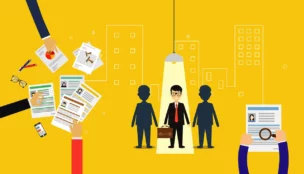
Reverse recruiting, also known as inverse or reverse headhunting, is a disruptive approach to talent acquisition. Unlike traditional recruitment, where companies actively search for and...

Cryptocurrencies have revolutionized the financial world, offering decentralized and borderless transactions. However, the tax implications of cryptocurrency transactions can be complex and confusing. To simplify...

Cryptocurrency trading has become increasingly popular in recent years, but when it comes to tax time, it can be a complex process. Fortunately, several software...
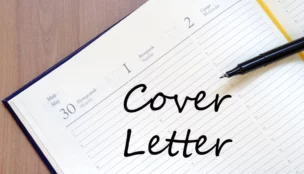
A well-written cover letter is a great approach to get attention. It's possible to get 250 applications for a single job advertisement. You won't go...
Table of Contents Understanding the Addition Rule in Probability Formulas...
Accounting is a fundamental process that plays a vital role...
Activity-Based Management (ABM) is an essential management technique that enables...
Table of Contents Accounting Theories Purpose How does Accounting Theory...
An account statement is crucial in keeping track of your...